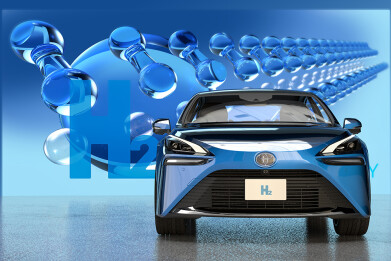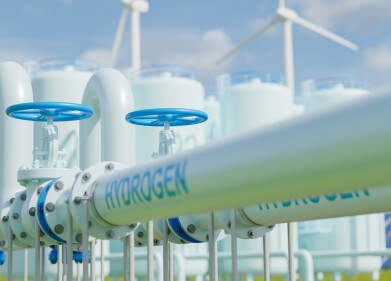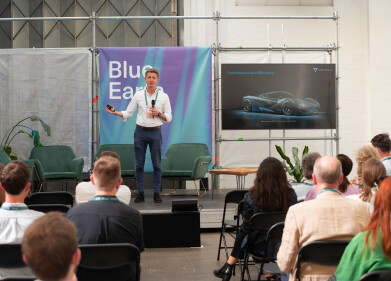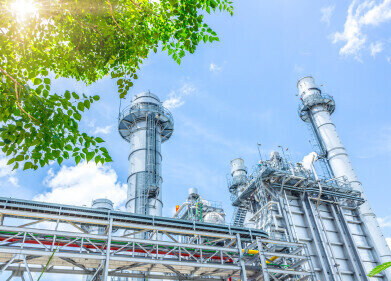Hydrogen fuel
Controversy over decision to use hydrogen shuttles at Paris Olympics 2024
Aug 08 2024
The decision to use hydrogen fuel cell vehicles (FCEVs) at the Paris 2024 Olympics has re-ignited debates regarding the practicality and environmental impact of hydrogen. Toyota plans to supply 500 Mirai vehicles to shuttle athletes and officials, alongside other electric and hybrid vehicles. But a group of over 120 scientists, academics, and engineers voiced their opposition prior to the Games in an open letter, arguing that hydrogen vehicles are not a viable climate solution. Their main concerns revolve around the energy efficiency and environmental impact of hydrogen production. Currently, about 96% of global hydrogen is produced from fossil fuels, such as methane gas, which undermines the zero-emission claims of hydrogen-powered vehicles. Even though green hydrogen—produced via electrolysis using renewable energy—is cleaner, it is still significantly less efficient than battery electric vehicles (BEVs). Green hydrogen production requires about three times more electricity than what is needed to charge BEVs, which, in the absence of fully renewable electricity, makes it a less sustainable option.
Critics also highlight the lack of infrastructure for hydrogen refuelling, which poses practical challenges for widespread adoption. The limited number of refuelling stations can hamper the efficiency and convenience of using hydrogen vehicles on a large scale. Moreover, hydrogen's production and storage complexities further complicate its scalability as a mainstream fuel.
Toyota, however, maintains that hydrogen vehicles like the Mirai have their place in a diversified approach to achieving net-zero emissions. They argue that FCEVs offer benefits such as longer range, better flexibility, higher weight-to-power ratios and quicker refuelling times compared to BEVs, which could be advantageous for specific applications, including long-haul transportation and fleet operations. Toyota’s fleet for the Olympics also includes 1,150 BEVs, showcasing their commitment to multiple green technologies.
In response to the open letter, the French trade association France Hydrogène defended the use of hydrogen vehicles, emphasising that advancements in green hydrogen production are making it more sustainable. They argue that the inclusion of hydrogen vehicles at the Olympics is an opportunity to demonstrate their potential and accelerate the development of the necessary infrastructure and technology.
The controversy highlights the broader debate within the automotive and environmental communities about the best paths to achieve sustainable transportation. While BEVs are currently leading the charge due to their efficiency and growing infrastructure, hydrogen technology is seen by some as a complementary solution that can address certain limitations of BEVs. Ultimately, the Paris 2024 Olympics will serve as a high-profile test case for hydrogen technology, potentially influencing future policies and investments in clean transportation. The event will also contribute to the ongoing discussion about the most effective strategies to combat climate change through innovative transportation solutions.
Digital Edition
PIN 25.6 Buyers' Guide
January 2025
Buyers' Guide Directory - Product Listings by Category - Suppliers Listings (A-Z) Articles Analytical Instrumentation - ASTM D7042: The Quantum Leap in Viscosity Testing Technology -...
View all digital editions
Events
SPE Hydraulic Fracturing Technology Conference and Exhibition
Feb 04 2025 The Woodlands, TX, USA
Feb 05 2025 Guangzhou, China
Trinidad and Tobago Energy Conference 2025
Feb 10 2025 Point Lisas, Trinidad
Feb 11 2025 Lagos, Nigeria
Feb 13 2025 Manama, Bahrain



















